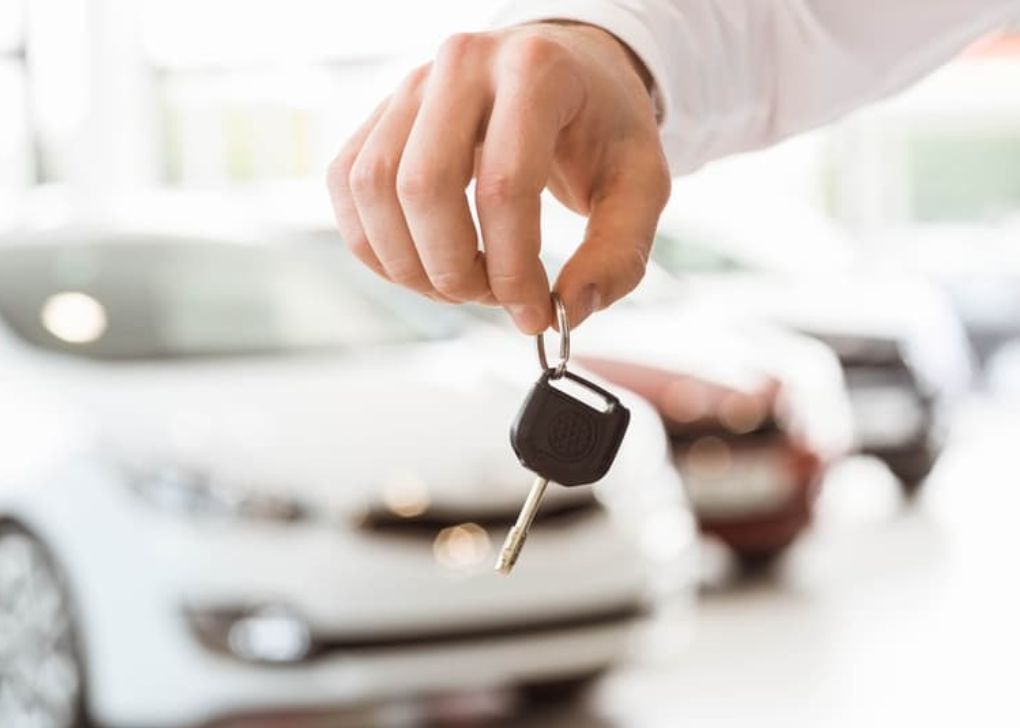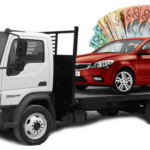
How Keeping Unwanted Cars Can Be Costly in the Long Run?
Owning a car can provide convenience and freedom, but what happens when that vehicle becomes unwanted, obsolete, or simply a burden? Many people hold onto their old or unused cars without realizing the hidden costs associated with this decision. In this blog, we will delve into the various ways in which keeping unwanted cars can be costly in the long run. From maintenance and repair expenses to depreciation and environmental impacts, we will explore the financial and practical implications of holding onto vehicles that have outlived their usefulness.
Depreciation: The Silent Wealth Eroder
One of the most significant long-term costs of keeping an unwanted car is depreciation. Cars lose their value over time due to wear and tear, technological advancements, and changes in market demand. While some vehicles hold their value better than others, most cars will inevitably decline in worth.
When you keep an unwanted car parked in your garage or driveway, you are essentially watching your money go down the drain. Instead of retaining its value or even appreciating, your car will lose a significant portion of its worth each year. This depreciation can be especially painful if you paid a substantial amount for the vehicle initially.
Maintenance and Repair Expenses: The Constant Drain on Finances
Another hidden cost of keeping unwanted cars is the ongoing maintenance and repair expenses. As a car ages, it becomes more prone to mechanical issues and breakdowns. These problems can range from minor annoyances to costly repairs that can drain your bank account.
When you have an unwanted car, you may be tempted to neglect its maintenance, thinking that you’re saving money. However, this can be a shortsighted approach. Neglected maintenance can lead to more significant problems down the road, resulting in even higher repair bills. Plus, older cars tend to require more frequent maintenance, which adds up over time.
Insurance Costs: Paying for What You Don’t Need
Another expense associated with keeping unwanted cars is insurance. You’re likely paying for insurance coverage that you don’t need. As a car ages, its value decreases, but insurance premiums often remain the same. This means you’re overpaying for coverage that may not be necessary for a vehicle that’s rarely used or sits idle.
By holding onto an unwanted car, you miss out on potential savings by reducing your insurance coverage or removing the vehicle from your policy entirely. This can free up funds that can be better used elsewhere.
Fuel and Maintenance: A Double Whammy
Fuel expenses are another cost that can sneak up on you when keeping an unwanted car. Even if you rarely drive the vehicle, it still requires fuel to keep it running. Additionally, older cars tend to be less fuel-efficient than newer models, meaning you’ll spend more on gas for each mile driven.
Furthermore, older cars often have higher emissions, contributing to environmental pollution. This environmental impact can result in increased taxes, fees, or penalties, adding even more costs to your ownership.
Parking and Storage: Space Costs Money
Every square foot of space in your garage or driveway is valuable real estate. Keeping an unwanted car takes up this space that could be used for other purposes, such as parking your primary vehicle, creating a home gym, or expanding your living space. In urban areas, where parking is at a premium, the cost of parking an extra vehicle can be substantial.
If you need to rent additional storage space to accommodate your unwanted car, these expenses can add up quickly. This is especially true in densely populated areas where storage rentals come at a premium.
Opportunity Cost: The Missed Investment
The money tied up in an unwanted car represents an opportunity cost – the potential gains or investments you miss out on by not using that capital elsewhere. If you were to sell the car and invest the proceeds, you could earn returns, build savings, or pay down debt, all of which can have a positive long-term impact on your financial well-being.
By holding onto a depreciating asset, you miss the chance to make your money work for you in more profitable ways. This opportunity cost can be significant over the years, potentially affecting your financial goals and security.
Environmental Impact: A Hidden Toll
Keeping an unwanted car also has environmental costs. Older vehicles tend to emit more pollutants, contributing to air pollution and greenhouse gas emissions. This can harm both the environment and public health, potentially leading to stricter emissions regulations and higher taxes or fees on older vehicles.
Cash for Used Cars: Your Hassle-Free Solution
When faced with the financial drain of keeping an unwanted car, it’s essential to explore alternatives that not only alleviate these hidden costs but also offer added benefits. This is where Cash for Used Cars steps in as your ideal solution. Our brand is dedicated to providing a range of services designed to ensure that you have a seamless experience when parting ways with your old vehicle or unused car parts. We prioritize speed and convenience, ensuring that you can easily rid yourself of the financial burdens associated with maintaining unwanted cars. What sets us apart is our unwavering commitment to honesty and transparency with each of our clients. By choosing Cash for Used Cars, you not only free yourself from the hidden costs we’ve discussed but also gain a trustworthy partner in your journey to a more financially sound and environmentally responsible future.






